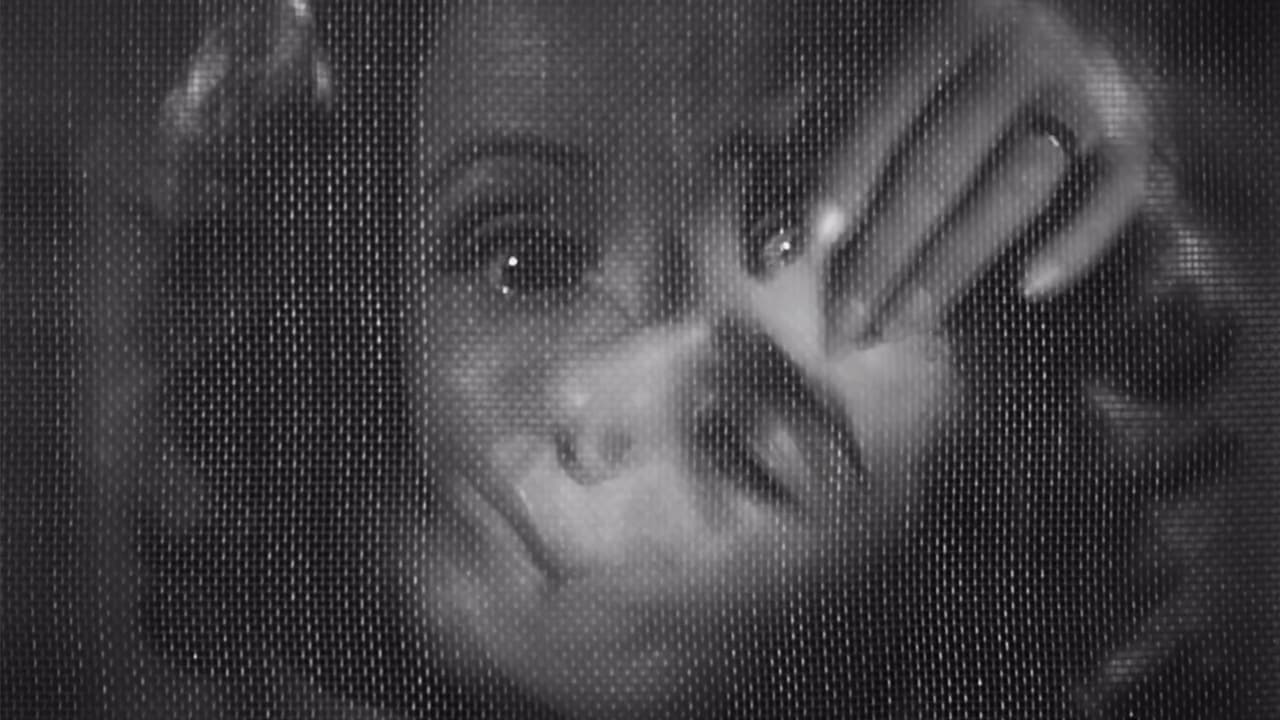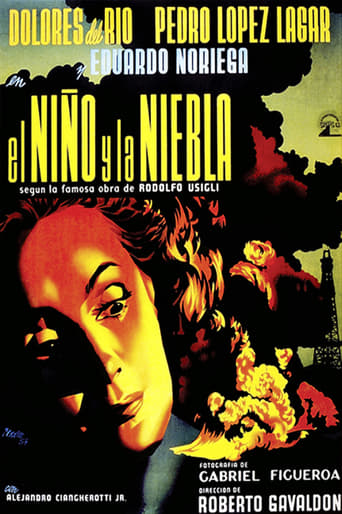Edgar Soberon Torchia
Dolores del Río's acting style functions as the flu in "El niño y la niebla", as she seems to have passed on her resources for melodramatic outbursts to the whole cast, this time playing a woman who is crazier than she would be willing to admit. An extremely long psychological drama, it was highly praised in its day by the Mexican film industry, winning all the Ariel awards of the year. Del Río plays a Marta, a woman who has witnessed two cases of madness in her family, and who is afraid that her young son Daniel (Alejandro Ciangherotti Jr.) may have inherited a troubled mind… By 1953 it might have been quite an interesting plot, but today it looks and sounds dated, mainly due to her affected interpretation of madness, reinforced by Raúl Lavista's heavy score going from syrupy to sinister. Director Roberto Gavaldón seems to have encouraged all this, considering the manipulative script he co-wrote with Edmundo Báez, from a play by Rodolfo Usigli, an expert in tales of phobias and manias, as his novel that inspired Buñuel's "Ensayo de un crimen". Of course, Gavaldón has often evidenced a good directorial hand, the motion picture has force when it follows the life of Marta's husband, Guillermo (played by Pedro López Lagar), an engineer who works in the oil fields and sometimes goes to the seedy night clubs in town, trying to find in prostitutes the affection that Marta has denied him since having their child. But whenever López Lagar comes close to Del Río, both enter a competition of who is more melodramatic than the other, and young Ciangherotti, who gives the best performance of all, resorts to sentimental intonations here and there, following the example of elders. As usual Gabriel Figueroa's cinematography is a saving grace, with a couple of scenes in which the camera movements and angles better describe the characters' fragmented minds than all the shouting and faces of the players (as the dramatic moment when Marta discovers that Daniel is a somnambulist). Watch it, but be warned. By the way, the film takes place in the Mexican town of Costa Rica, in the province of Sinaloa.

